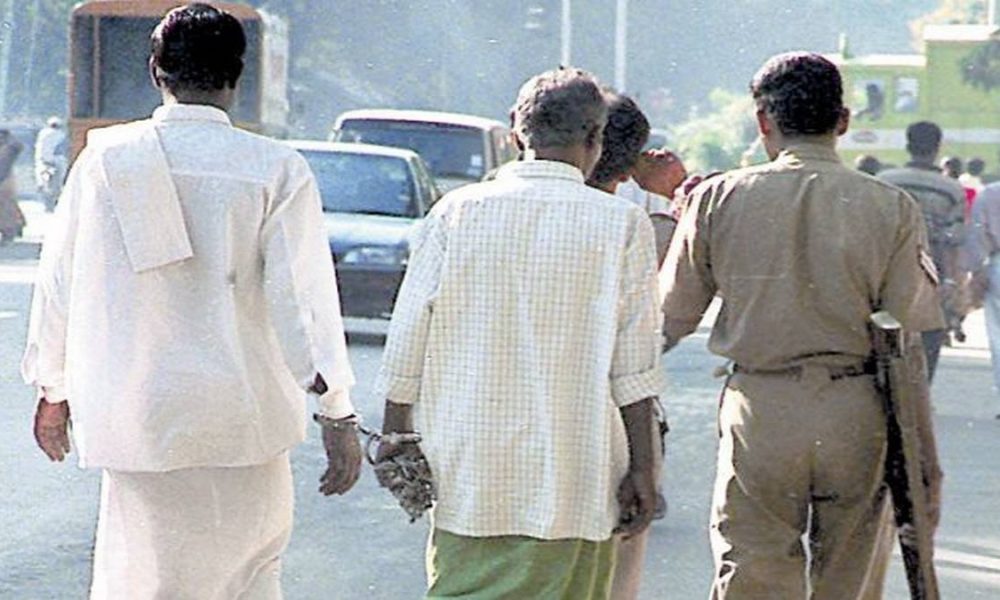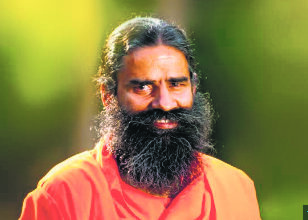The novel coronavirus (Covid-19), which has now spread all over the globe and has affected more than 2.7 million people in a matter of few months, continues to pose innumerable challenges for governments and judicial systems across the world. These challenges range from preventing the spread of the virus to safeguarding commercial activities of entities as well as the daily activities of individuals to ensure the free and fair administration of justice. In India, the nationwide lockdown implemented as a precautionary measure to prevent the spread of the virus has also mandated most courts across the country to close or to devise alternative ways of working, i.e., mostly by adopting virtual courts. Thereby, in addition to its impact on many areas of governance, the spread of the highly contagious virus is also directly impacting the Indian judicial system.
Like many other affected countries, such as the UK or France, some constitutional courts in different parts of India are, too, proceeding with the adjudication of extremely urgent cases via video conferencing / virtual courts but remain closed for the public. In the UK, the Supreme Court is conducting entire cases by video link for the first time in its history, including giving access to the public and journalists.However, in India, courts across all levels are addressing the challenges of the pandemic differently. The Supreme Court of India, on an ordinary day, would usually function with 14 benches of 2 or more judges each, and adjudicate about 50 cases daily. However, in the last few weeks, barely two benches have sat by means of virtual courts and have heard only 593 matters while delivering judgments in merely 215 of them during the unprecedented nationwide lockdown.1 Whereas, in the ordinary course, the 14 benches of the Supreme Court would conduct proceedings in more than a thousand cases a week. Similarly, the Delhi High Court has a strength of 33 judges and each court adjudicates more than 40 to 50 cases daily.
However, since the lockdown, the court has conducted hearing of only urgent cases with 5 or 6 benches, thereby, restricting the administration of justice significantly. Meanwhile, the local courts face extreme difficulty in conducting virtual proceedings due to lack of infrastructure coupled with a lack of digital literacy and have suspended hearings until at least 3 May 2020. A similar situation is prevalent across most states’ judicial systems. While courts attempt to strike a balance between public safety, including the safety of its workers and the constitutional rights of citizens, such restrictive court operations are likely to have serious implications for individuals with urgent problems, especially for those in judicial custody, individuals who need protection from arrest, those in custody and seeking bail or tenants facing evictions. Measures taken to address the dangers of the coronavirus are expected to exacerbate the significant backlog of cases in all courts across the country. There is no doubt that the judiciary is already overburdened as there are more than 3 crore cases pending in different local courts across the country while more than 45 lakh cases are pending in the 25 High Courts in the country, as per the National Judicial Data Grid.2 More than 15% of these cases are pending for more than a decade now.3
The problem of pendency is not alien to the Apex Court as well, as it has more than 60,000 pending cases until March 2020.4 Moreover, it is also relevant to mention that the Indian legal system continues to be entrapped with significantly low ratio of judges to population in the world, i.e., only 13 judges for every million people, in comparison to nearly 50 in other developed nations. Even though the rate of crime and civil wrongs have reduced during the lockdown, there are still as many as 300 cases filed in the last one month in the Supreme Court. Notably this is a reduction from the 200 cases that are filed daily in the ordinary course and the inability of advocates to physically access courts, coupled with the restricted functioning of the registry of respective courts has drastically reduced the number of cases being filed during the lockdown, one could expect an avalanche of cases when the courts resume normal functioning. Speedy disposal of cases is an essential part of the right to a free and fair trial. Prolonging cases and the increased backlog of cases is ensued with significant consequences, particularly as it adversely affects the common man’s faith in the justice system. It also has a significant impact on the economic activities of the country as investors outside India are extremely wary of the pace of delivery of the justice system in India, which consequentially acts as an impediment in efforts such as Make in India.
Another distressing issue that is likely to impact the administration of justice is the indefinite delay in pending investigations. Timely and proper investigation provides the foundation in the criminal justice delivery system. Delay in an investigation is extremely detrimental to the case of the complainant as there is a wider scope to tamper with evidence. One of the most crucial stages of investigation is crime scene visitation. Recognising this need, majority of the Police Manuals/ Rules mandate the despatch of an officer to the scene of crime for inspection and preservation immediately. Further, it is imperative that such visitation must include members from the forensics department, which shall include a crime photographer, fingerprint expert, forensic scientist etc. However, during the nationwide lockdown, majority of the police force has been deployed for enforcement of the lockdown. The entire investigating machinery has come to a standstill causing inordinate delay in collection of evidence. Delay in collecting evidence in itself raises serious concerns about the veracity of such evidence itself. For instance, there is a high probability of contamination or destruction of fingerprints of a suspect by passers-by, victim or the suspect himself, if the scene of a crime is not seized and sealed and the samples are not collected at the earliest.
Therefore, delay in an investigation in all likelihood will prove detrimental for effective investigation and prosecution and thereby, and in the larger scheme will have a serious impact on the justice delivery system. Another cause of grave concern is that suspending criminal cases may lead to violation of fundamental rights guaranteed under the Constitution of India. One of the cornerstones of the human rights framework is the protection of the rights of accused people. The Constitution of India encompasses both, the right to life under Article 21 and the right to free fair trial in accordance with the procedure established by law. Suspension of courts removes the essential protections provided to the accused under the Code of Criminal Procedure and worse for those who are under pre-trial detention as the lockdown implies that such under-trial prisoners would languish in jail for much longer than in the ordinary course of business. Even the procedures of remand, arrest and renewal of detention for those in custody are challenged through the preventive measures undertaken to curb the spread of the virus. The law mandates that for every extension of remand, the judicial officer concerned must peruse the case diary and when only reasonable and valid grounds exist, such judicial officer shall extend the remand.
The unprecedented measures have made it near impossible for a judge to peruse each case diary before extending remand, a mandatory requirement under the law, therefore there is an increasing apprehension of infringing the rights of such individuals. Moreover, prolonged detention of under-trial prisoners is likely to have an adverse effect on the mental health of such prisoners. There is no doubt that the uncertainty of staying in prison coupled with the dubiety of the outcome of the trial and the inability to contact their family and friends in itself is traumatic. There exists a strong likelihood that there will be a considerable increase in such trauma as under-trial prisoners will further have to cope with the cancellation of court dates as a result of the nationwide lockdown. All in all, there is a strong indication that apart from the impact on the economy of the country, the novel coronavirus is bound to have a significant, though hopefully not a lasting, impact on the administration of justice, particularly in the criminal justice system.
There is going to be a heavy influx of cases and delay in the investigation but there is no doubt that the justice system will rise through these unprecedented testing times, uplift the faith of the ordinary citizen in the system and protect the fundamentals of the justice delivery system, i.e., speedy disposal of cases in a time-bound manner. (Endnotes) 1. https://www.livelaw. in/top-stories/supremecourt-heard-593-mattersdelivered-judgments-in215-cases-during-covid19-lockdown-155813 2. https://njdg.ecourts.gov. in/hcnjdg_public/main.php 3. Ibid 4. Supreme Court statistics Pramod Kumar Dubey is a practicing lawyer in Delhi. The author was assisted by Advocate Shashank Dewan for this article. The views of the author are personal.























